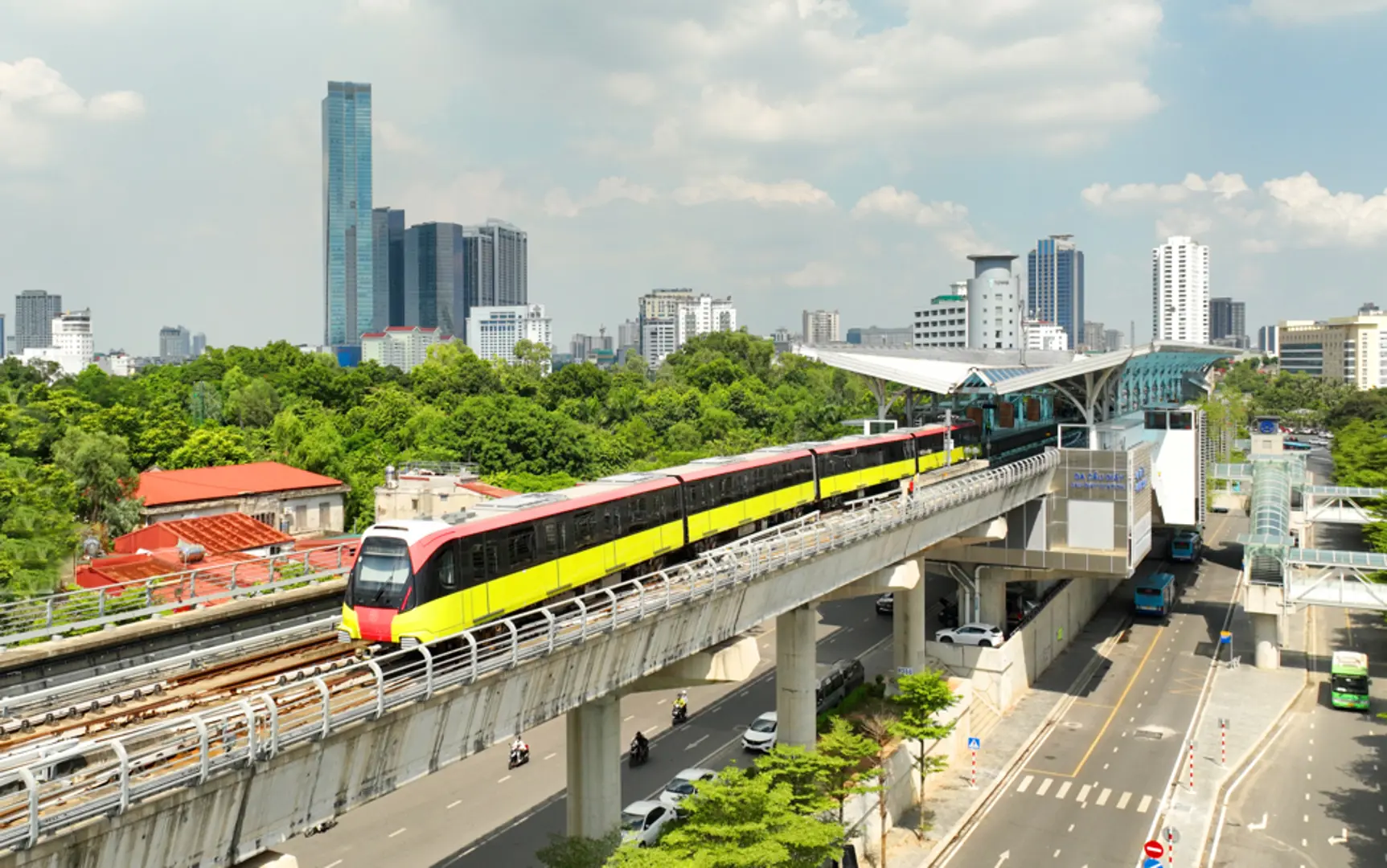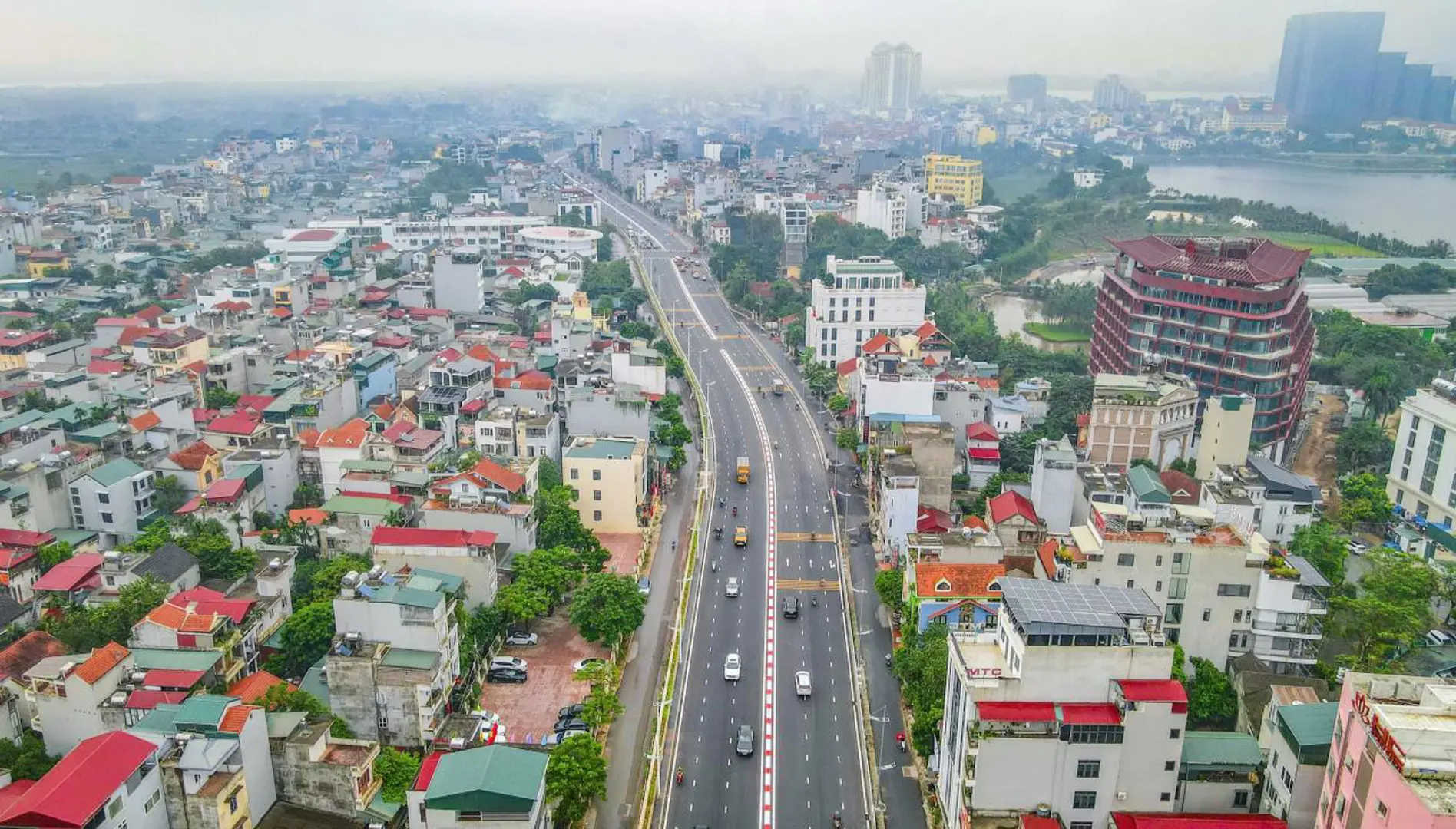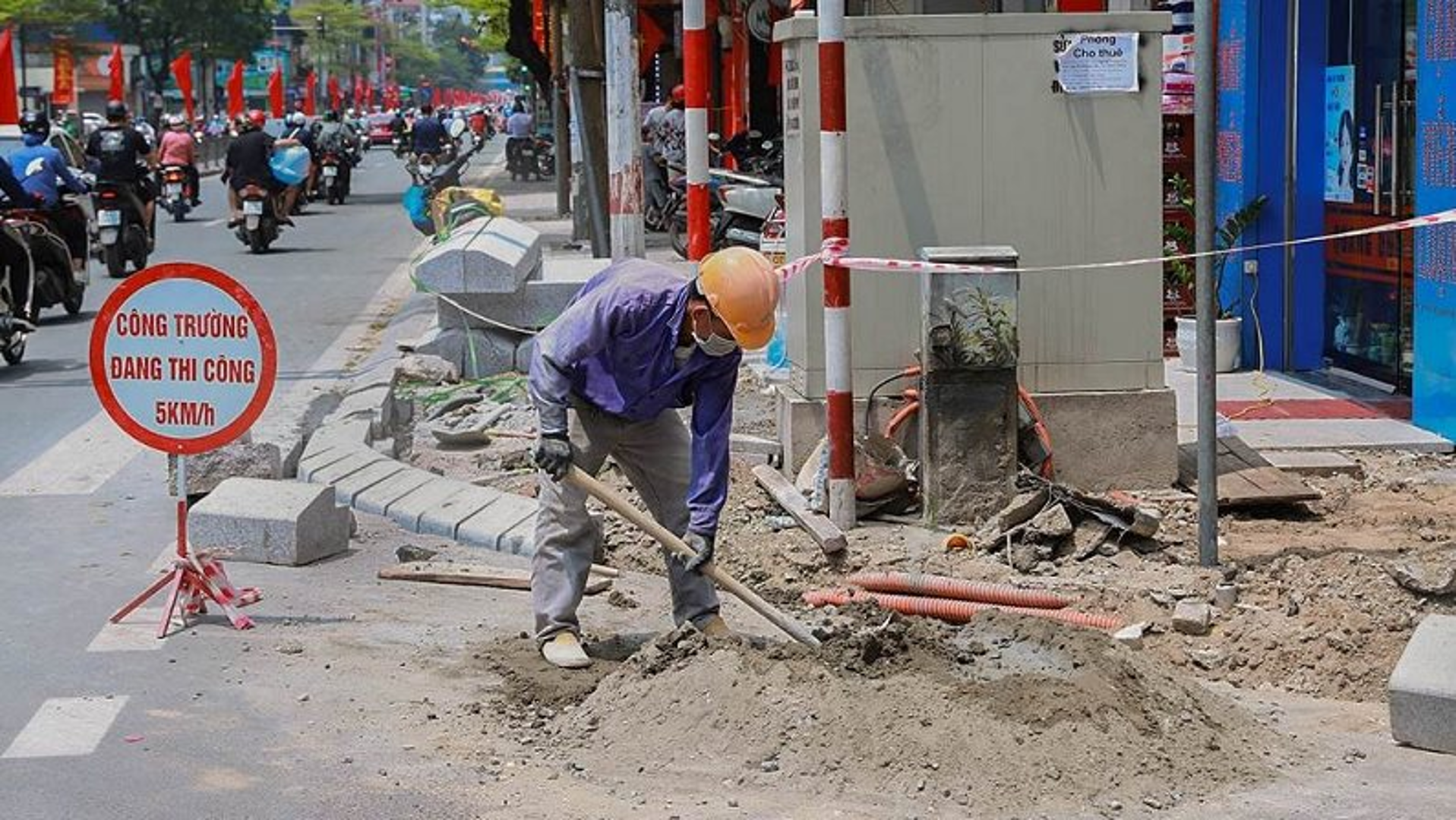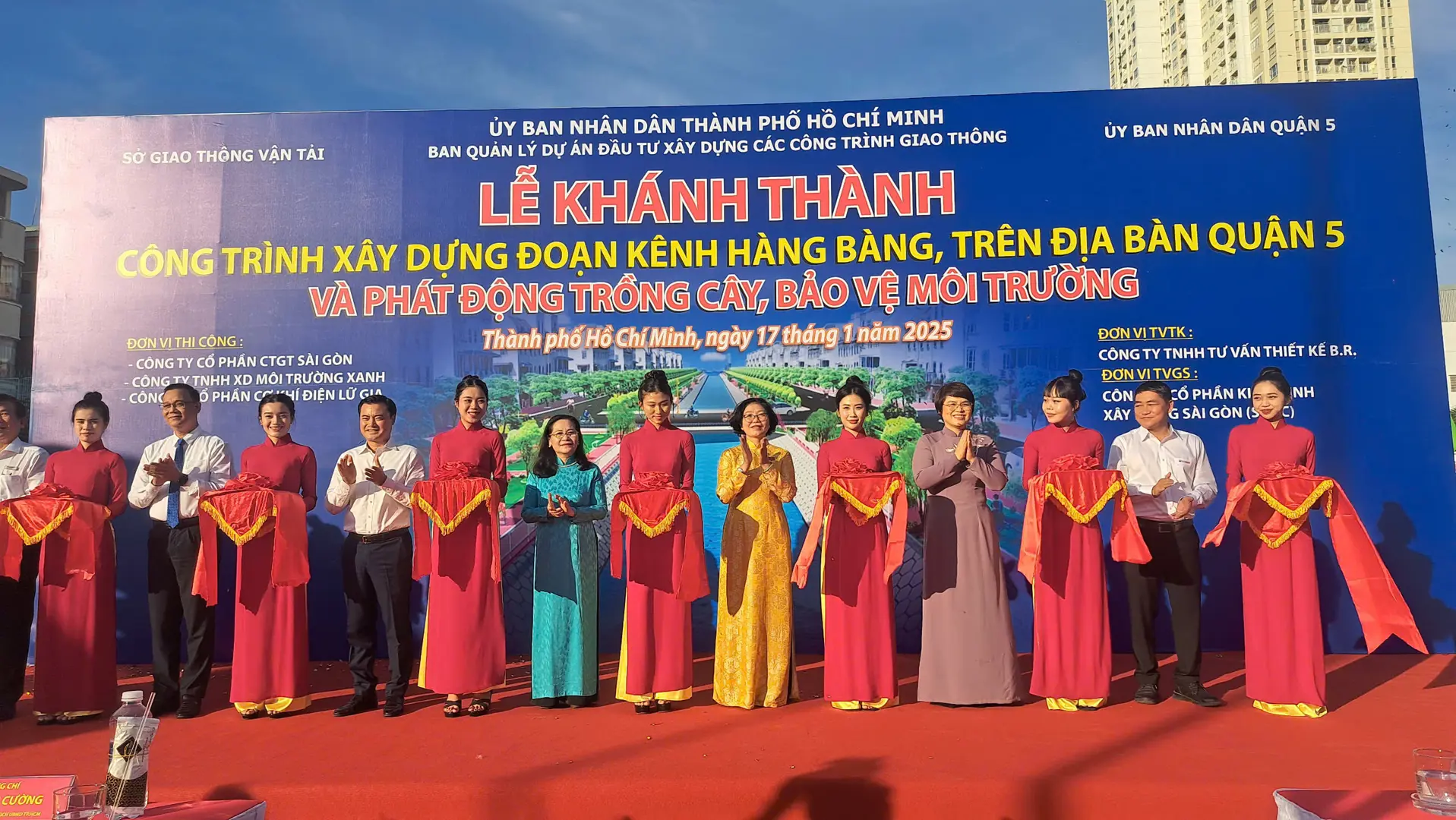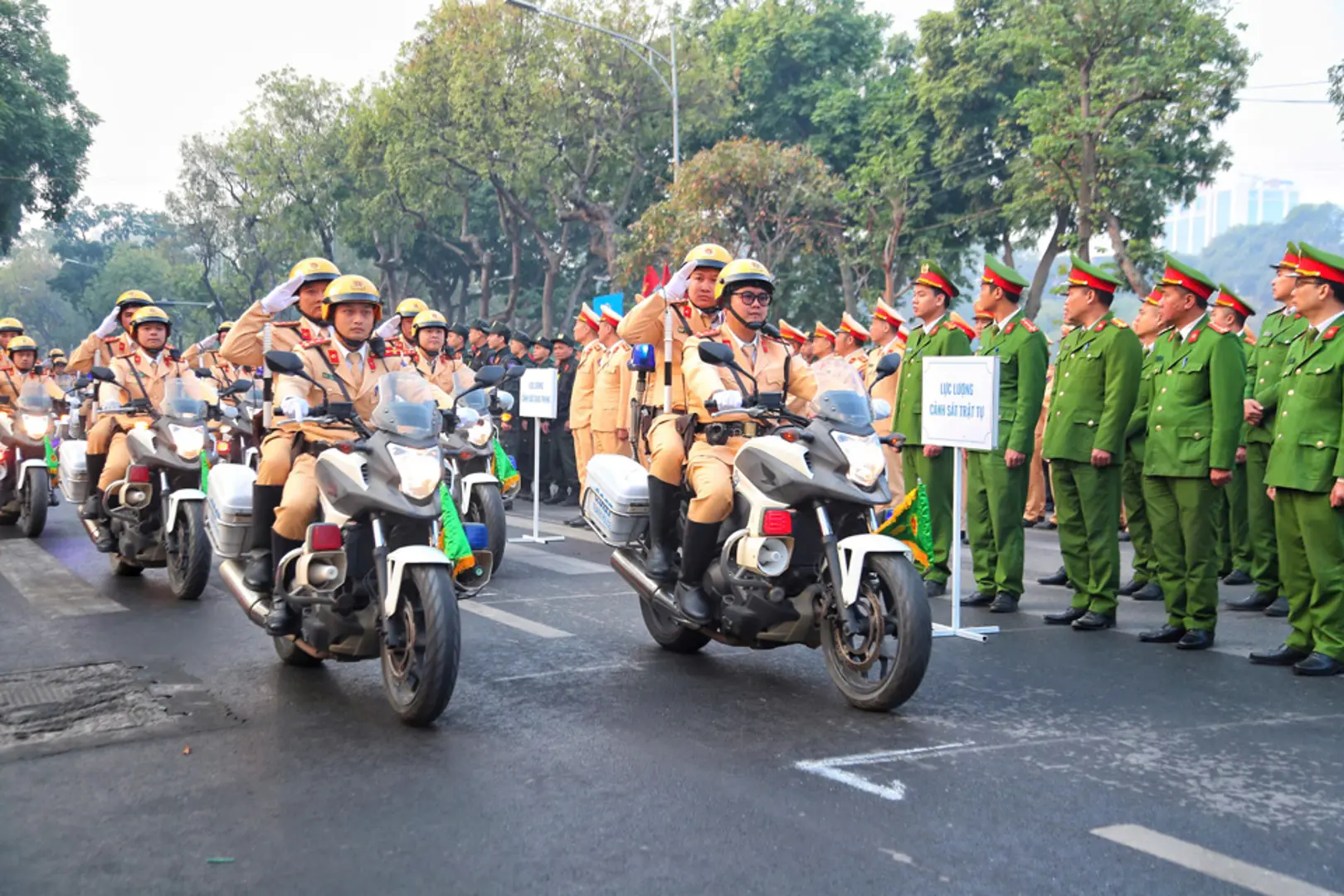Get it right! Reporting traffic violations is never a money maker
Is it easy, right and ethical for us to make money from the faults of others? Let's find out in today's Words on the Street.
Getting paid to report traffic offences has become a trending topic on social media. But can this really become a legitimate source of income in society, given the controversies it raises?
In today's “Words on the Street” column, we'll delve into the issue and examine it from different angles.
Decree No.176/2024/ND-CP, which regulates the management and use of the proceeds of administrative fines for traffic offences and the auctioning of vehicle number plates, entered into force on January 1, 2025.
Clause 11 of Article 5 contains a provision to "support individuals and organizations that provide information on administrative offences related to traffic order and safety." This new regulation aims to encourage public participation in maintaining road safety by facilitating the timely reporting of infractions.
With regard to financial incentives, Article 7's Clause 3 specifies that: "The amount of support for individuals and organizations that provide information on administrative violations related to traffic safety shall not exceed 10% of the amount of the fine per case, with a maximum of VND5 million (US$197) per case."
This has raised concerns that some people are staking out intersections and using personal devices to capture offenders on camera, turning themselves into 'bounty hunters.'
Riding the wave of this trend, many social media accounts have shared videos and content showing people disguising themselves as mailboxes, bushes, or motorcycle taxi drivers waiting at traffic lights to catch offenders in photos and videos.
Some even speculate that, with such rewards, they could turn this into a full-time job with a stable income. In other words, they see it as a potential income stream and are considering pursuing it systematically and professionally.
A rumor surfaced on January 3 that an individual in Hanoi had earned VND50 million ($1,970) in "rewards" by providing evidence of traffic violations to the police.
The Traffic Police Department stated that it has long accepted public denunciations in the form of written and visual reports to deal with traffic offences.
The latest regulations, outlined in Circular No. 73/2024 (issued on November 15, 2024 and effective January 1, 2025), codify this process. Traffic police units are required to maintain a 24/7 response team to respond to denunciations from individuals and organizations.
Reports can be submitted to the traffic police by mail, email, online portals, social media accounts, hotline numbers or the "VneTraffic" app developed by the Ministry of Public Security.
Reports are submitted according to the category of violation and include details of the incident, location, and supporting photographs or videos. They must be written in Vietnamese and be truthful and objective. Authorities will also ensure the confidentiality of reporters' personal information.
In Hanoi, residents can also use the “iHanoi” app to report traffic-related concerns and receive responses from authorities through the platform.
However, there is currently no specific mechanism for rewarding informants or criteria for making payments for evidence provided. Rumors that one person received VND50 million ($1,970) are inaccurate, according to the Traffic Police Department.
The right approach, but not the way to make a living
From a societal perspective, the actions of citizens providing authorities with visuals of offenses captured by their cameras, smartphones, or dashboard cameras with specific time and location details should be appreciated.
This form of "remote enforcement" has proven effective in recent years. Public contributions play an important role in deterring violations and fostering compliance with traffic laws.
However, deliberately seeking out and profiting from traffic violations could lead to legal and social conflicts.
Where are the privacy and image rights of individuals in public spaces? Recording others without their consent and using the footage to damage their dignity, reputation or private life could itself become an offense.
In practice, situations may arise where footage inadvertently captures sensitive or private information about individuals, potentially damaging their honor or personal lives. Such footage, if carelessly collected and shared, may itself become a legal matter.
Conflicts between the person recording and the perpetrators could escalate into unnecessary altercations, causing public disorder and potentially regrettable consequences.
Authorities should be wary of individuals making this a regular activity or livelihood.
"Recording others without their consent is only allowed if there is clear evidence that the person is committing an offence, and it must serve public safety and interests," said lawyer Dang Van Cuong, Head of Chinh Phap Law Office in Hanoi.
"Footage of people violating traffic laws can only be stored and handed over to the relevant authorities. The law strictly prohibits indiscriminate recording, storage or use of such footage for unlawful purposes," he added.
We must also consider the possibility of fake news or staged violations for rewards that could undermine law enforcement or defame individuals. Such actions, if done intentionally to exploit legal loopholes or obstruct authorities, must be severely punished.
Submitting false information to authorities can result in administrative penalties. If it disrupts public services or causes significant damage, the perpetrator may even face criminal charges.
“People should not expect to make easy money simply by recording and reporting violations. Don't be fooled into thinking that this can become a viable 'career,'" Cuong said.
For me, it would be silly to go out on the street and film others when they're committing traffic violations. It would be unethical to make money from their misdeeds, even though these offenders deserve severe punishment.
As a society, we need to remain level-headed in the face of trendy issues such as this one, and carefully weigh their benefits against their potential harms. Each individual should strive to make a positive contribution to society and the urban transportation system, and to promote a culture of responsible, civilized, and safe driving in every community.

Year-end parties: Time of joy or source of stress?
Welcome back to Words on the Street, where we take an in-depth look at the latest social fads in Vietnam.

From Nguyen Xuan Son’s spectacular debut for national football team: Vietnam – a land full of promises for talents
Welcome to Words on the Street by the Hanoi Times, where we provide the most authentic perspectives on the pressing issues of Hanoi and Vietnam.

Breaking traffic rules costs you a monthly payment? Play by the rules or accept the fines
Raising fines for traffic violations is an effective step toward restoring order in major cities and enhancing public awareness of road rules.









